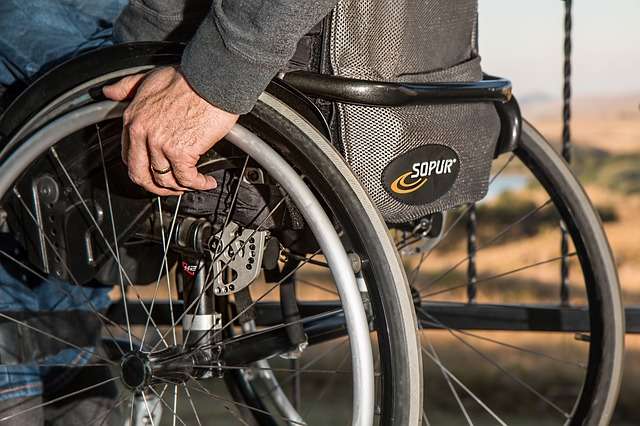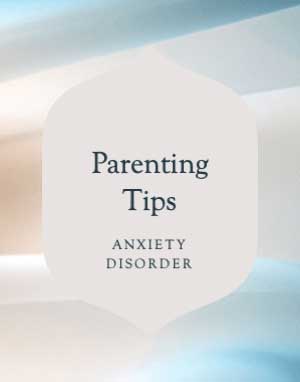How to Care for a Loved One Who’s an Amputee

[vc_row][vc_column][vc_column_text]PhotoCredit:pixabay.com/stevepb
While amputations are not a frequent occurrence throughout America, they still affect tens of thousands of individuals every year. Whether due to an injury or a disease, such as diabetes, these procedures significantly change how the individual feels about himself or herself and change nearly every part of daily life. These people typically need specialized care in order to move about their homes and certainly to get out of their homes. Beneath the surface, they may also struggle psychologically with depression, anxiety and even panic attacks. If you are caring for a loved one who has gone through an amputation, here are four tips for how you can improve his or her life.
Create a Disability-Friendly Home
Depending on the type of amputation that your loved one has sustained, you may need to make some significant changes in his or her home. Consider hiring a contractor to make major changes, such as installing a wheelchair ramp into the home and grab bars in key areas of the home. If the individual is going to be in a wheelchair or scooter consistently, you may need to look for a new home that has wide doorways and has all major rooms on the main floor.
Understand Phantom Pain
Phantom pain can be hard to understand until one experiences it himself. With this, your loved one may have significant pain that feels as if it is coming from the missing limb. An apothecary or compounding pharmacy like Potter’s House Apothecary can help by recommending customized medication. Also, consider alternative therapies, which have shown much improvement in some phantom pain.
Guard Against Depression
Losing a limb can feel to some people as if they are losing a piece of who they are. Depression is often a major problem for these people, and you may need to look into psychiatric services. Additionally, if your loved one lost a limb as a result of a traumatic event, post-traumatic stress disorder may be a real problem. This is something that the entire health care team should address.
Join a Support Group
It may be incredibly difficult for you to care for a loved one following an amputation. You may deal with unresolved feelings and incredible stress as the individual needs high amounts of care. When you join a support group, you will be encouraged that you are not the only person going through this issue and will be able to glean great information from others who have gone through exactly what you are experiencing.
Of course, fresh amputations require even more specialized care, which occasionally must be done in a rehab facility or performed by a home health care nurse. However, once the wounds heal, you will be needed to help your loved one deal with daily needs, such as self-care, feeding and transportation. By being a secure presence in this person’s life, you can also help them get over the emotional trauma that an amputation brings.[/vc_column_text][/vc_column][/vc_row][vc_row][vc_column width=”1/6″][vc_tweetmeme][/vc_column][vc_column width=”1/6″][vc_googleplus][/vc_column][vc_column width=”1/6″][vc_pinterest][/vc_column][vc_column width=”1/6″][vc_facebook type=”button_count”][/vc_column][vc_column width=”1/6″][/vc_column][vc_column width=”1/6″][/vc_column][/vc_row]







